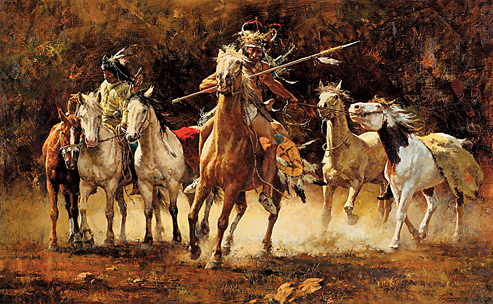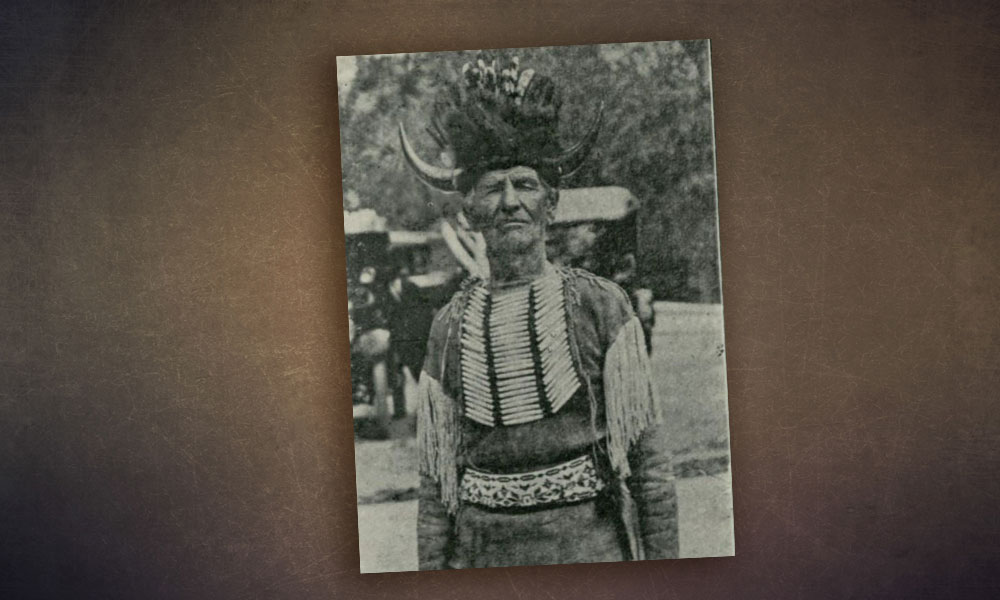 What was life like for people living in “soddies?”
What was life like for people living in “soddies?”
Stace Webb
Wenatchee, Washington
West of the 100th Meridian, the annual rainfall was half of the precipitation found in the tallgrass prairie. The free 160 acres provided by the 1862 Homestead Act would have sustained an Eastern farm, but barely supported a subsistence shortgrass farm on the western Great Plains.
Since wood, rock and brick clay were scarce, Plains settlers built houses of sod similar to Ireland’s turf homes or the American Indians’ earth-covered shelters. In 1846, Mormons became the first to build sod homes. By the 1880s, they no longer had to spade one brick at a time, as a grasshopper plow cut the sod into strips. They built a one-room soddy in about a week, and it would last about seven years. The home was cool in the winter and warm in the summer, and was fireproof, bulletproof and could even withstand tornadoes.
Once the soddy was built, the family planted the crop. During the 1870s-80s, wild game helped feed the family. The men spent their days in the fields, and the women kept the house in order and raised the growing brood of kids who helped out on the farm.
Mary Walker, a mother of eight children, wrote in her 1840 diary: “Got my housework done; baked six more loaves of bread; cooked a kettle of mush; put my clothes away; set my house in order—at 9 pm was delivered with another baby.”
In short, life was hard, a seven-day-a-week struggle just to keep going.
Marshall Trimble is Arizona’s official historian. His latest book is Wyatt Earp: Showdown at Tombstone.
If you have a question, write: Ask the Marshall, P.O. Box 8008, Cave Creek, AZ 85327 or e-mail him at marshall.trimble@scottsdalecc.edu





